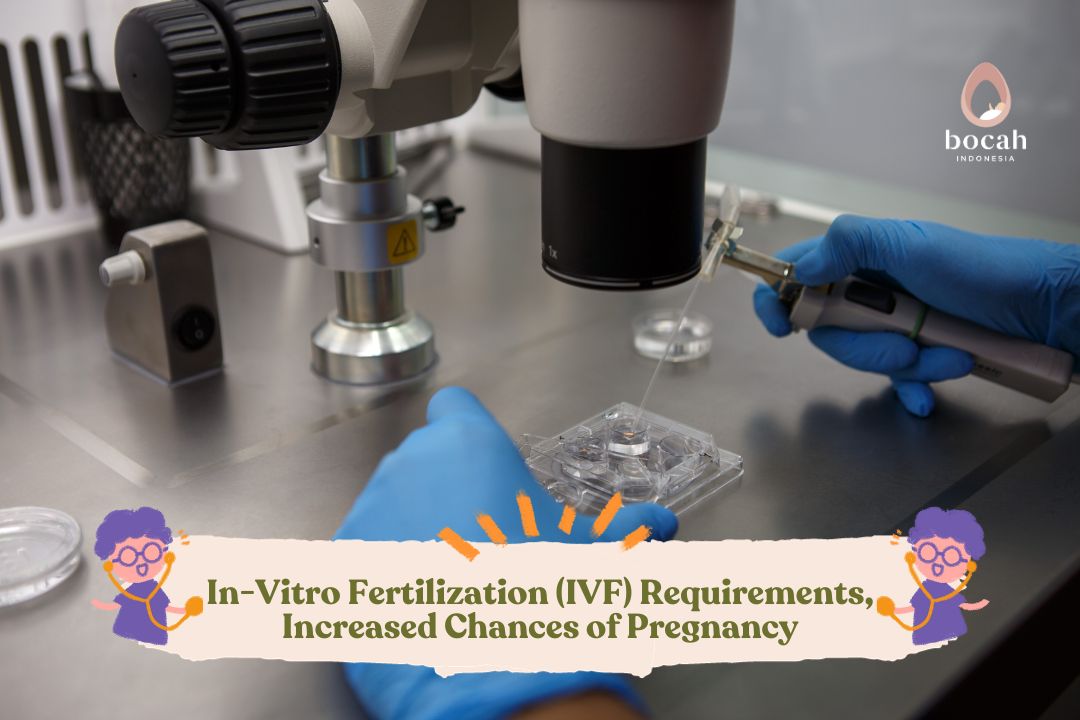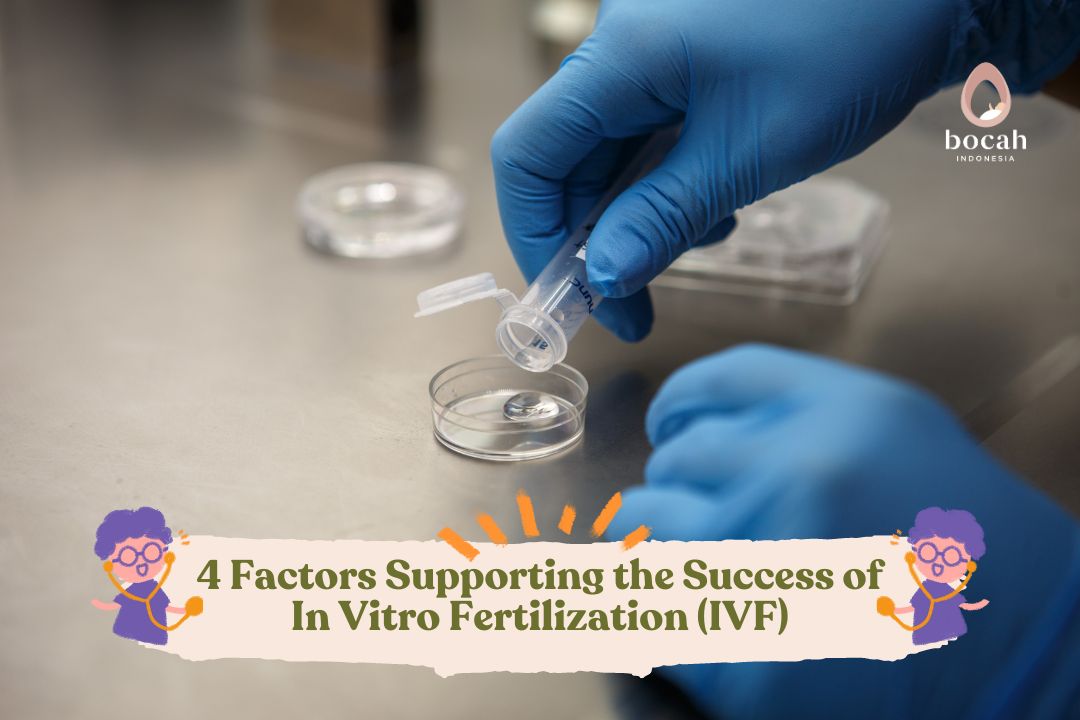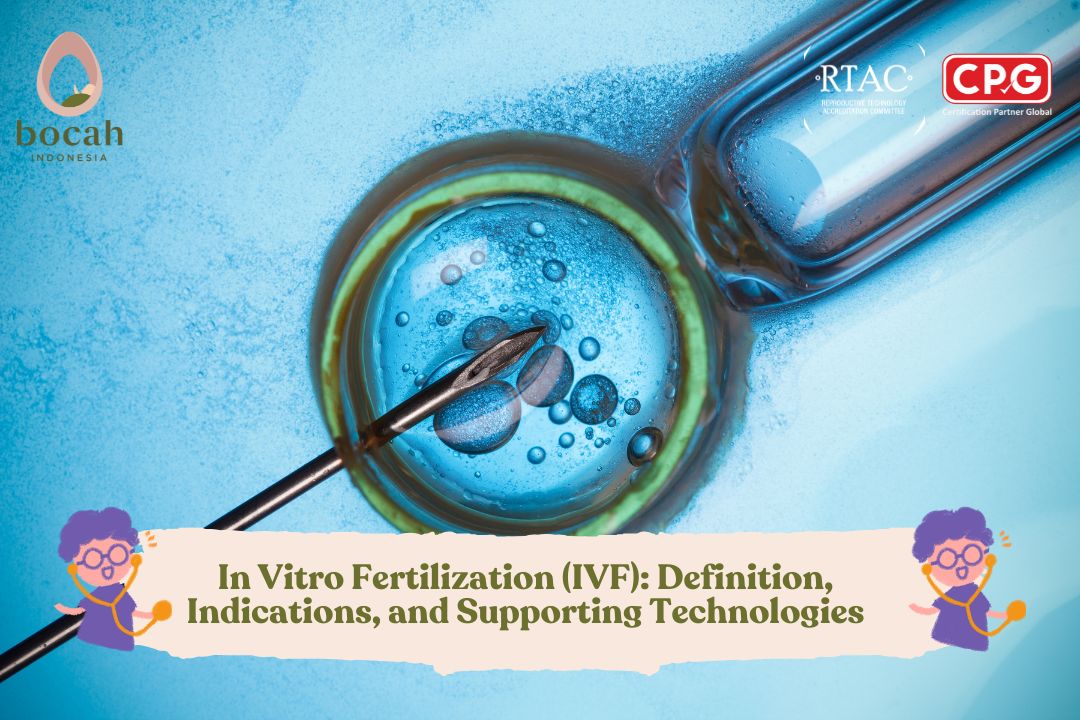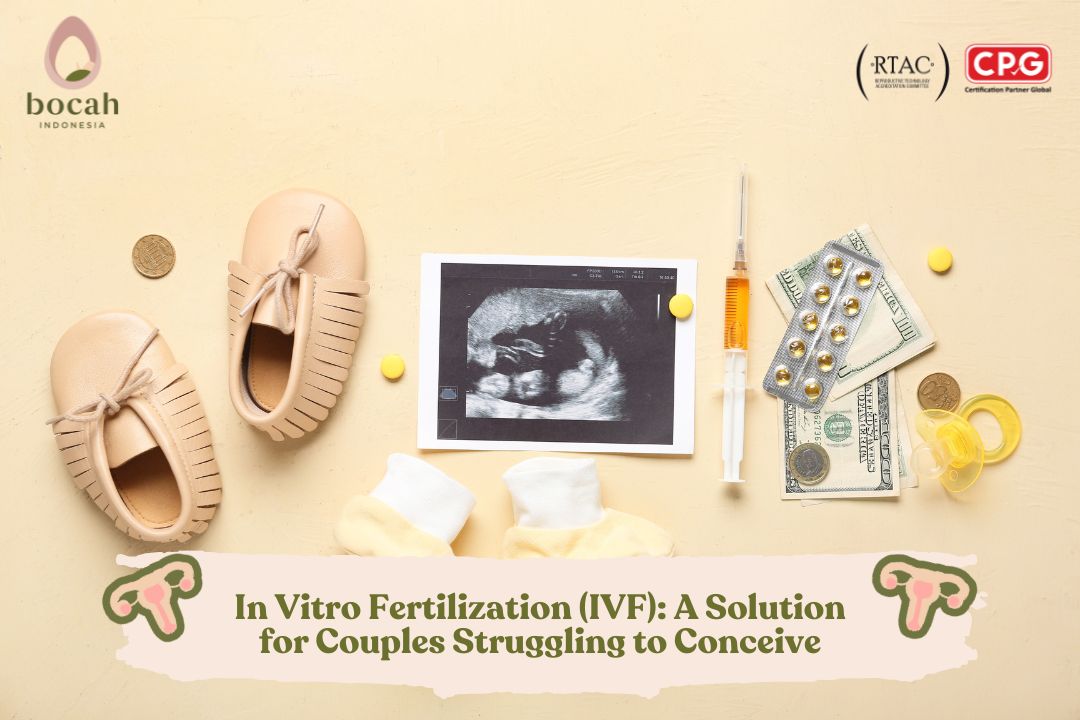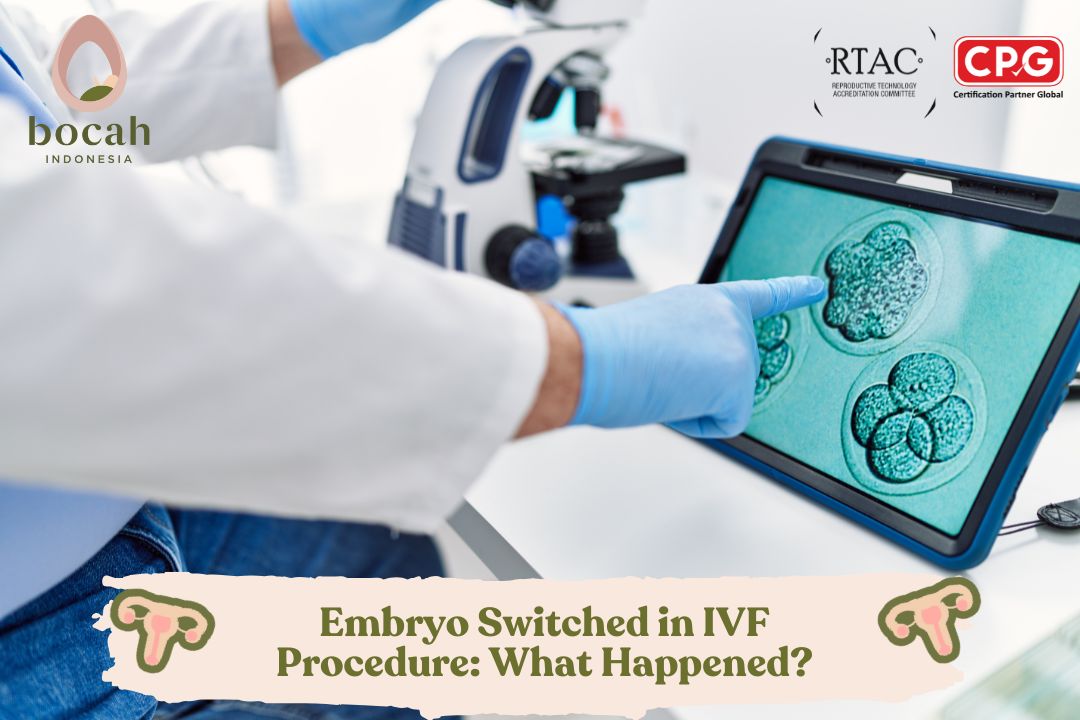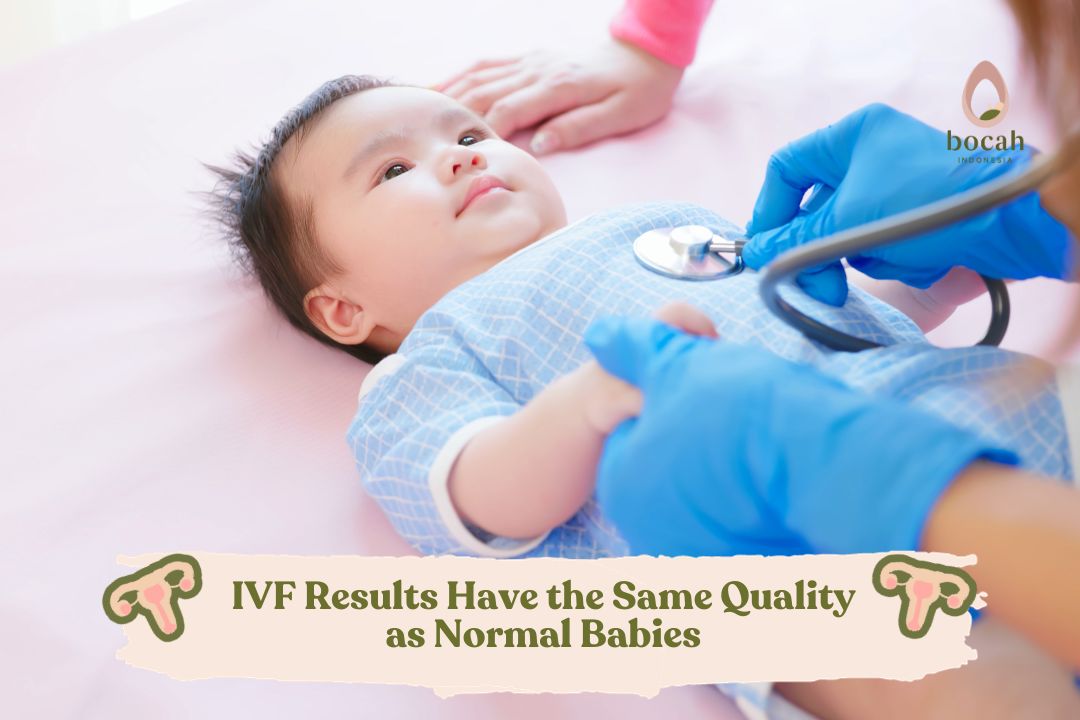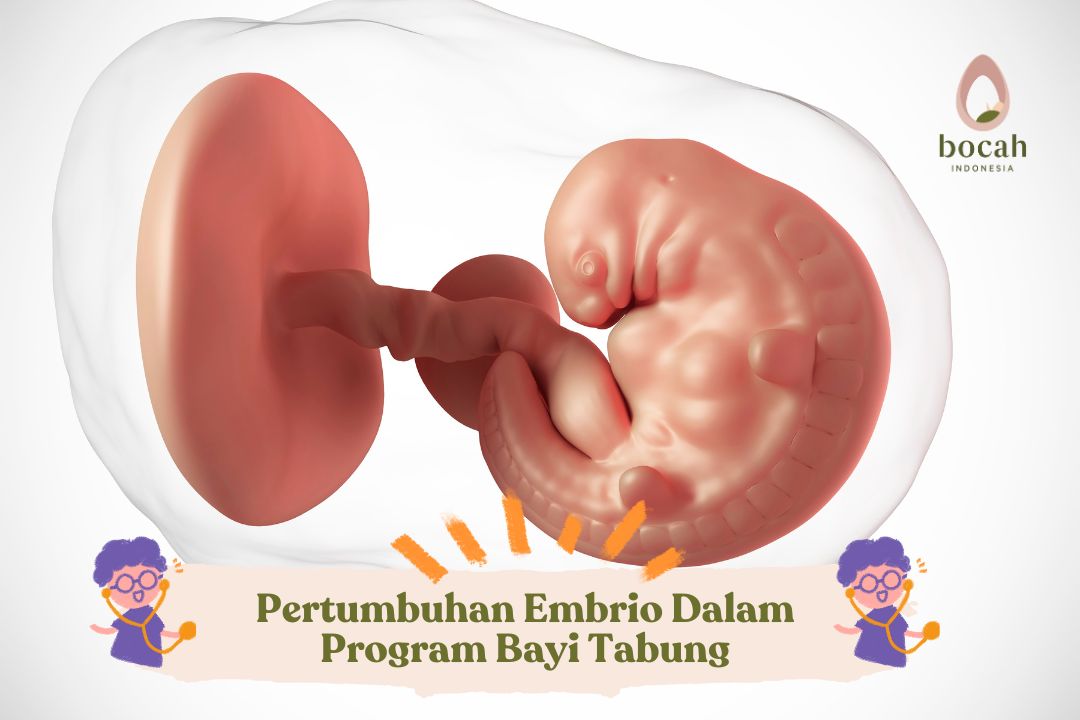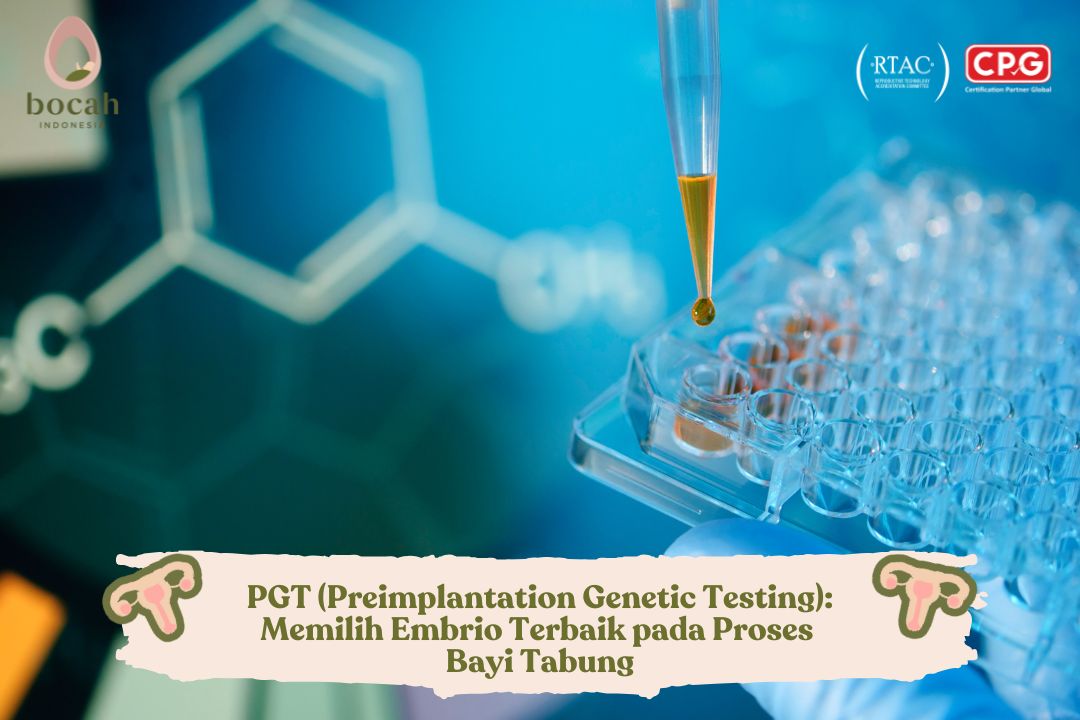Desiring Unstoppable “Play”? Relationship During In Vitro Fertilization (IVF) Procedure
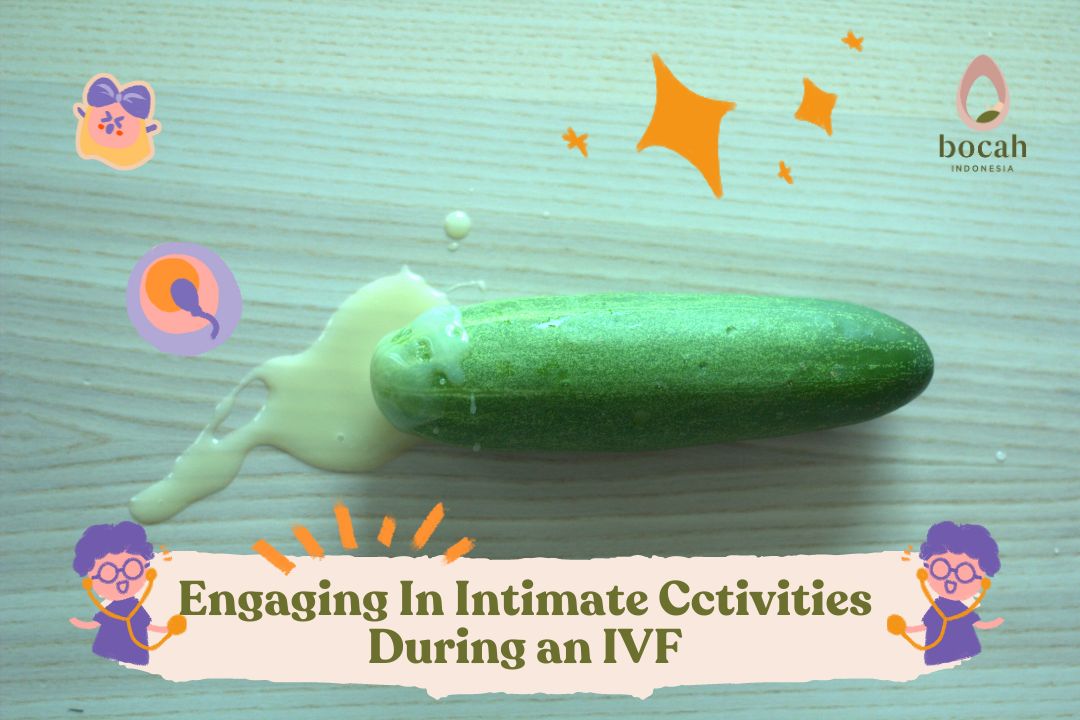
Does engaging in intimate activities during an IVF procedure affect its success rate? Discover the facts here.
When attempting to conceive through an IVF procedure, the importance of intimate relationships might appear diminished. However, don’t worry just yet; this doesn’t imply that you’ll completely abstain from intimate activities throughout this process. Nonetheless, it’s crucial to be aware of the moments when intimacy is safe or not recommended during the IVF program.
The right timing for intimacy during the IVF procedure
Before deciding on intimacy, couples should discuss it with their doctor. Each case requiring IVF is unique, and every couple has their own set of challenges.
Additionally, couples need to be aware of crucial moments when intimate activities can influence the success rate of IVF. Generally, the guidelines are as follows:
1. During Ovarian Stimulation or Before Egg Retrieval
Intimate activities during the initial phase of ovarian stimulation are considered safe if contraception, such as condoms, is used. If ovulation occurs unexpectedly, especially when multiple follicles develop simultaneously, condom usage can prevent the possibility of twin pregnancies.
Tanya Mincah tentang Promil?
During the later phase of stimulation, the ovaries enlarge significantly due to the growth of numerous follicles. Typically, doctors advise against intimate activities at this point due to the ovaries’ considerable enlargement and cystic nature. Intimate activities might trigger the rupture of cysts or ovarian torsion, a dangerous condition. While this condition is rare, engaging in intimate activities can prevent such complications.
2. During Sperm Sample Collection Generally
sperm samples are collected for sperm analysis or for use in artificial insemination or IVF procedures. Men asked to provide a sperm sample are prohibited from any form of ejaculation (including intimate activities) for 2-5 days beforehand. This ensures that the collected sample is of the highest quality.
3. During Artificial Insemination
During artificial insemination, intimate activities can take place in the morning when the woman receives a trigger shot to induce ovulation and in the evening after the insemination procedure. Intimate activities on the evening after insemination not only provide the couple with time to enjoy intimacy but also enhance the chances of fertilization by increasing the number of sperm that were previously introduced during the insemination.
The only time when intimate activities are strongly discouraged is between the trigger shot and the insemination procedure. This gap allows the accumulation of sperm to provide a suitable sample for insemination, which is usually scheduled around 36 hours after the trigger shot is given.
4. Just Before Embryo Transfer in the IVF Procedure
A study by Tremellen et al. in 2000 found that exposure to seminal fluid around the time of embryo transfer increases the likelihood of successful embryo implantation. This study was conducted on both fresh and frozen embryo transfers, and the results indicated no significant difference in pregnancy rates between couples who engaged in intimate activities (23.6%) and those who didn’t (21.2%). However, the proportion of embryos surviving at 6-8 weeks (clinical/confirmed pregnancy) was 1.5 times greater in women exposed to seminal fluid.
A study by Hou et al. in 2023 also found that intimate activities before embryo transfer can improve clinical pregnancy and implantation rates during frozen embryo transfer cycles. The difference is that intimate activities in this study were protected using condoms, and couples engaged in intimacy only once, on the night before embryo transfer.
Hou et al. found that patients who engaged in intimate activities had significantly higher clinical pregnancy and implantation rates—52% vs. 37% and 38% vs. 25%, respectively—compared to those who didn’t. Researchers explained that these positive outcomes might be due to increased blood flow to the female reproductive tract, which could enhance endometrial receptivity for implantation.
5. After Embryo Transfer/During the 2-Week
Waiting Period Intimate activities are not recommended after embryo transfer in the IVF procedure. This “rest” period is advised from the completion of embryo transfer until two weeks afterward, when a pregnancy test can provide accurate results. This period offers optimal time for the embryo to implant into the uterine lining.
A study by Crawford & Steiner in 2014 found that intimate activities during the implantation window—5-7 days post-embryo transfer—increased the risk of miscarriage in IVF procedures. One reason for this is that intimate activities trigger uterine contractions that can hinder implantation.
After the two-week waiting period, sexual activity is generally safe to resume, but it’s advisable to consult the treating doctor first.
Maintain Intimacy Throughout the IVF Journey
The intimacy and connection between spouses should not be underestimated. An American study involving couples undergoing IVF procedures found that interpersonal relationships could become strained during this process. Women undergoing IVF were reported to be less interested in intimate activities compared to those who weren’t. It’s no wonder that some couples complain about their relationship being impacted by reduced sexual intimacy.
Whatever treatment you are undergoing, don’t overlook this aspect of intimacy. Intimacy fosters closeness, togetherness, and deep emotional bonds between spouses. Intimacy is often associated with sex, but people can express and experience intimacy in various ways. While sex can be a means to achieve intimacy, it’s not the only way.
Intimacy can encompass many different actions and moments, built over time through effort and open discussions. Whether through words or actions, intimacy involves love, appreciation, and communication between partners. Closeness, a sense of ownership, and emotional connection that contribute to intimacy are crucial during mentally challenging times. So, focus on words and actions that convey love, support, and understanding. If you spend all your time focusing on the IVF program, your marital relationship could be disrupted.
Though intimate activities and the IVF procedure might seem contradictory, remain calm. Ultimately, whether this program succeeds or not, your marital relationship is everything and is worth fighting for.
Source:
- Choe J, Archer JS, Shanks AL. In Vitro Fertilization. [Updated 2021 Sep 9]. In: StatPearls [Internet]. Treasure Island (FL): StatPearls Publishing; 2022 Jan-. Available from: https://www.ncbi.nlm.nih.gov/books/NBK562266/.
- Crawford NM, Steiner AZ. Intercourse after Embryo Transfer and Pregnancy Outcomes. Fertility and Sterility. 2014 Feb 1;101(2):e28-9.
- Ho J, Paulson R. In vitro fertilization: Procedure. In: UpToDate, Post, TW (Ed), UpToDate, Waltham, MA, 2022.
- Hou JW, Yuan LH, Cao XL, Song JY, Sun ZG. Impact of sexual intercourse on frozen-thawed embryo transfer outcomes: a randomized controlled trial. Contraception and Reproductive Medicine. 2023 Dec;8(1):1-7.
- Paulson R. Patient education: In vitro fertilization (IVF) (Beyond the Basics). In: UpToDate, Post, TW (Ed), UpToDate, Waltham, MA, 2022.
- Tremellen KP, Valbuena D, Landeras J, Ballesteros A, Martinez J, Mendoza S, Norman RJ, Robertson SA, Simón C. The effect of intercourse on pregnancy rates during assisted human reproduction. Human Reproduction. 2000 Dec 1;15(12):2653-8.


